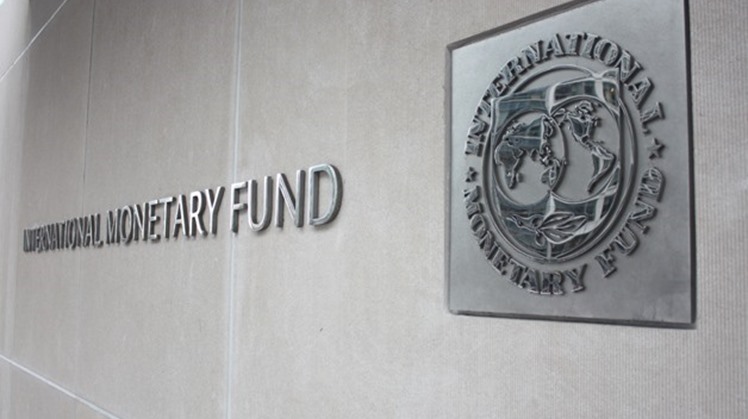CAIRO – 28 May 2025: A recent statement from the International Monetary Fund (IMF) highlighted the significant progress in Egypt’s efforts to stabilize its economy under the Extended Fund Facility (EFF) program, following a thorough review mission earlier this month.
From May 6 to May 18, an IMF delegation led by Vladkova Hollar met with Egyptian officials in Cairo to discuss economic policies and evaluate advancements in implementing the EFF program’s commitments. The team also examined economic prospects for the forthcoming fiscal year.
The IMF raised Egypt’s economic growth projection for FY2024/2025 to 3.8 percent, driven by a stronger-than-anticipated performance during the first half of the fiscal period, according to the fund.
Private investment has also surged, rising from 38.5 percent of total investment in the first half of FY2023/2024 to nearly 60 percent in the same period of FY2024/2025. While inflation edged up slightly to 13.9 percent in April, it remains on a downward trend.
Despite positive developments, the current account deficit remains broad, impacted by rising imports, decreased hydrocarbon output, and disruptions to the Suez Canal, which offset gains from tourism, remittances, and non-oil exports.
The IMF noted that fiscal prudence is being maintained, with public investment spending kept within the budget ceiling for July to December 2024, aided by improved oversight of large public infrastructure projects.
The mission welcomed Egypt’s ongoing efforts to modernize tax and customs procedures, which are beginning to improve efficiency and build confidence among economic actors. The IMF stressed the importance of continuing to widen the tax base and streamline exemptions to enhance domestic revenue mobilization, critical for financing development and social programs.
Furthermore, Egypt is developing a medium-term debt management strategy aimed at increasing transparency and gradually lowering the high costs of debt servicing within the budget.
Looking forward, the IMF underscored the urgency of deeper reforms to unlock Egypt’s growth potential, create quality jobs, and boost economic resilience. Key priorities include reducing the state’s footprint in the economy through implementation of the State Ownership Policy and asset divestment initiatives, while also improving the business climate to foster private sector-led growth.
Hollar expressed gratitude for the hospitality extended during the mission and indicated that discussions will continue virtually to finalize the remaining policy measures necessary for completing the fifth review under the EFF program.
 Wed, May. 28, 2025
Wed, May. 28, 2025